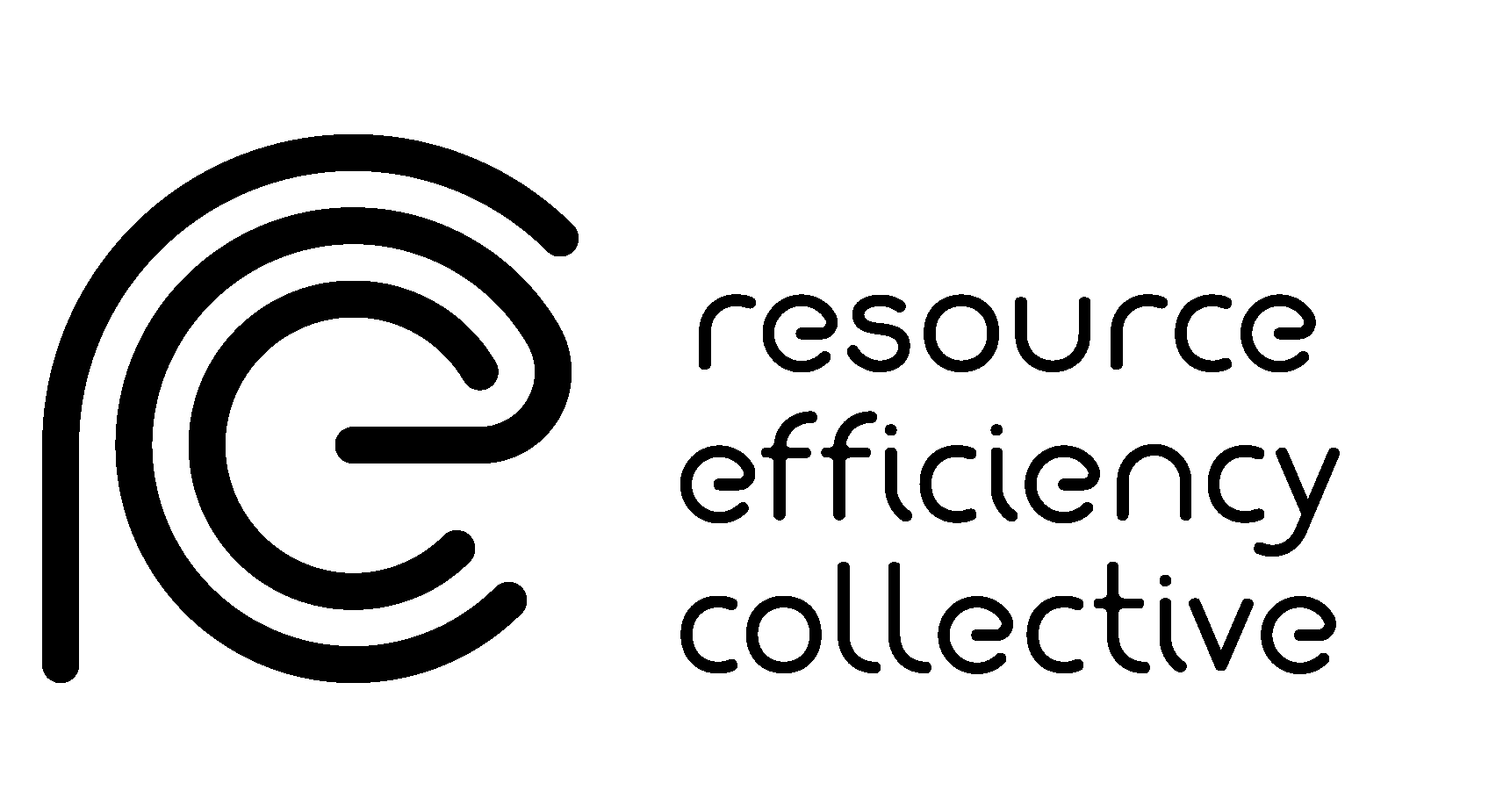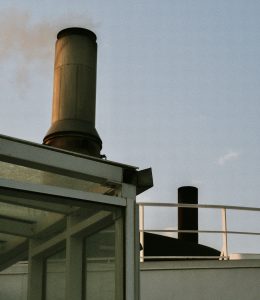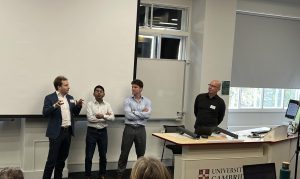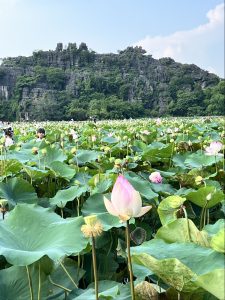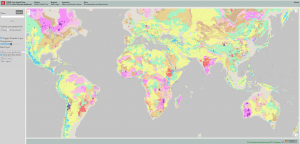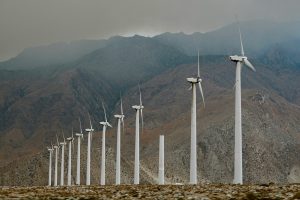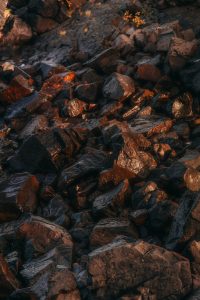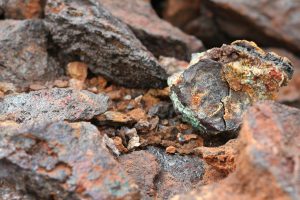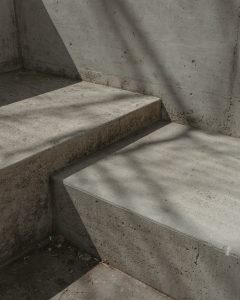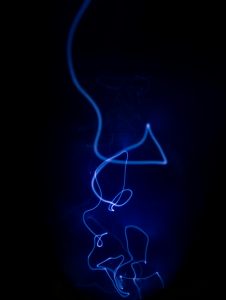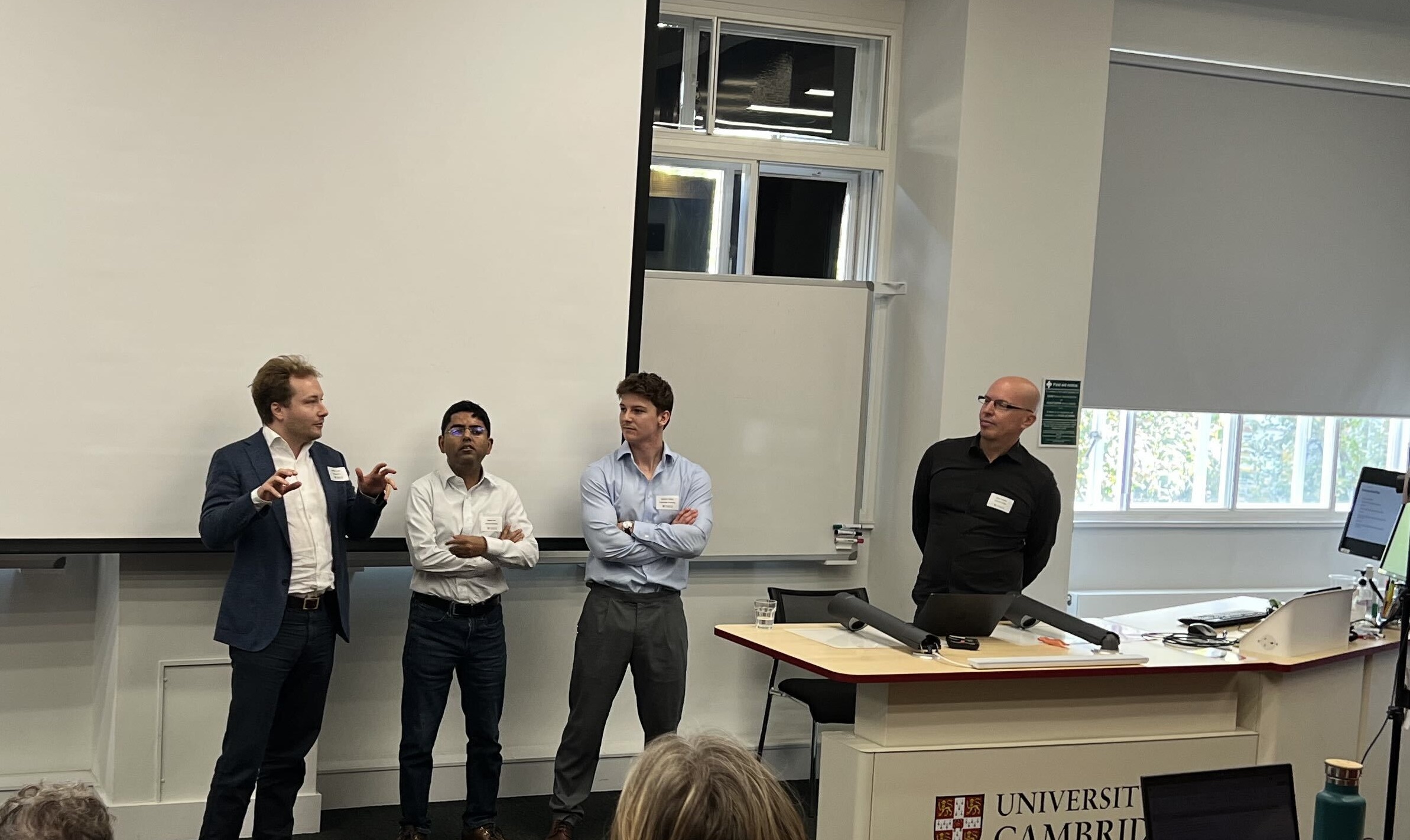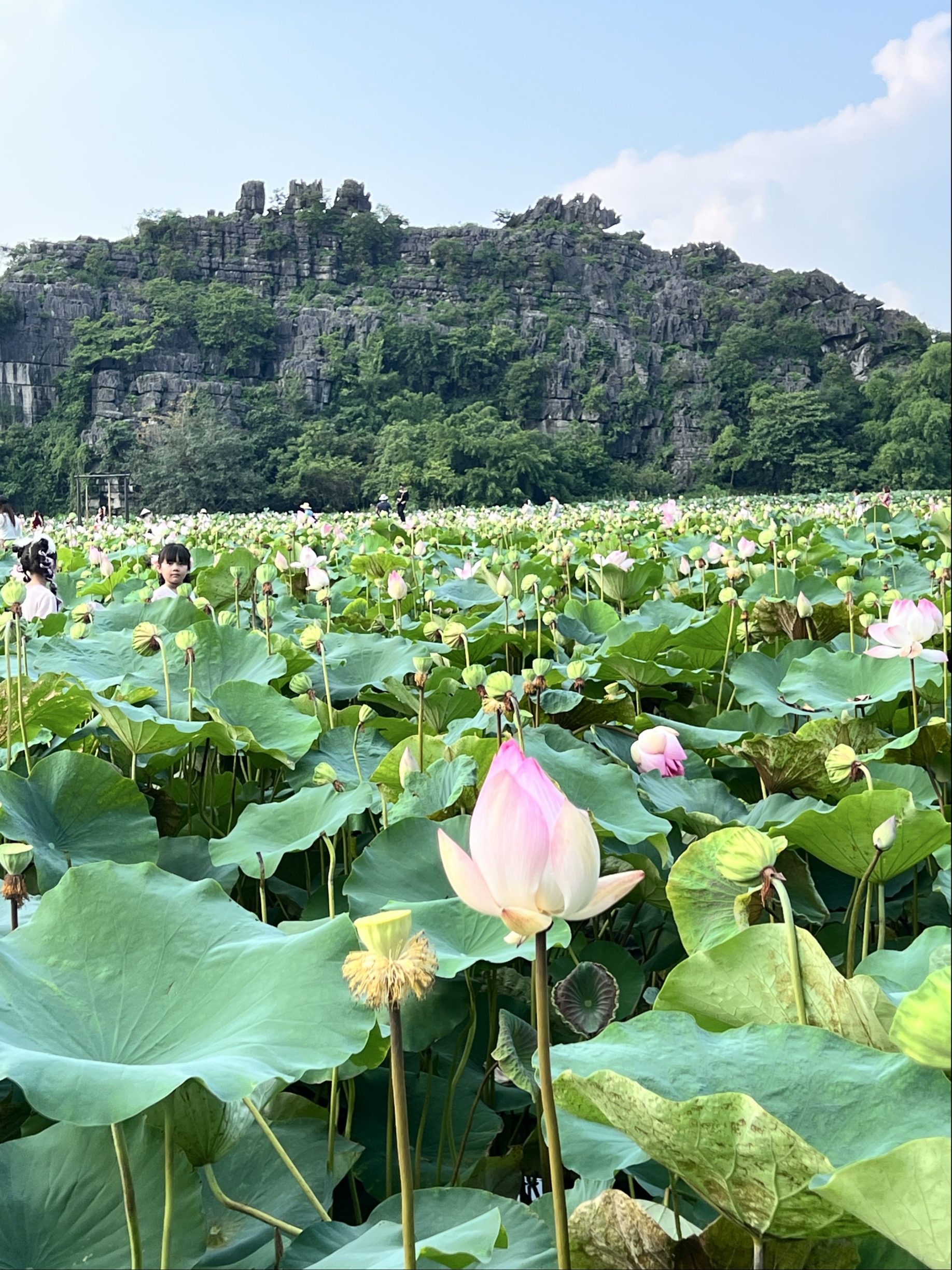Life After a Post-Doc: Gabriel Carmona Aparicio
This is the second installment of a series of posts from former PhD students and post-docs of Resource Efficiency Collective to explore where they are now, and how their time in the group prepared them for life in and beyond academia.
Next up is Gabriel who was a Marie Sklodowska-Curie Research Fellow from 2021-2023.
Please give us a brief summary of your post-doc involvement.
During my post-doctoral fellowship at Refficiency, I was part of the CircNexSt project, which focused on developing demand-side strategies to enhance the steel industry’s circularity through the Stock-Flow-Service (SFS) nexus approach. This involved quantifying the circularity of steel products throughout their lifecycle, employing various analytical techniques including Material Flow Analysis, Dynamic Stock Modelling, Circularity Assessment, and Structural Decomposition Analysis. My work centered on understanding resource consumption, identifying potential circular economy strategies, and evaluating their feasibility and impact on reducing carbon emissions.
What were your main achievements during your post-doc?
My main achievements during the post-doc included:
- Contributed to refining the Stock-Flow-Service nexus methodology to assess the circularity and efficiency of steel products.
- Updated Prof. Cullen’s Circularity Index, applying it to a UK car-based mobility case study to assess resource use and identify areas for improvement in circularity.
- Conducted a Structural Decomposition Analysis to evaluate the impact of circular economy strategies on CO2 emissions within the transport services value chain, identifying potential reductions of up to 20%.
- Dissemination of findings through scientific conferences, seminars, and industry workshops, fostering collaboration and inspiring future research in circular economy practices.
What is your current role?
I’m currently the Circularity Research Manager at the Aluminium Stewardship Initiative (ASI), where I oversee standardisation and beyond certification projects aimed at promoting sustainable circularity in the aluminium industry.
How did your time with Resource Efficiency Collective impact your future?
My experience at Refficiency influenced my career trajectory by expanding my expertise in circular economy strategies and resource efficiency. The analytical skills and comprehensive understanding of lifecycle assessment that I gained have been key in my current role, allowing me to drive forward initiatives that enhance aluminium’s sustainability and circularity. The collaborative nature of the project also helped me build a robust network of industry and academic partners, which continues to support my professional growth.
How did your post-doc prepare you for your current role?
My post-doc prepared me for my current role by providing hands-on experience in developing and applying circularity assessment methodologies. The interdisciplinary approach I adopted during the CircNexSt project has equipped me with the ability to address complex sustainability challenges in the aluminium sector. Furthermore, the project’s focus on stakeholder engagement and practical applications of research findings has enhanced my skills in translating theoretical insights into actionable strategies, which is a important aspect of my role at ASI.
Are there any skills learned during your post-doc which help you in your role today?
Yes, several skills from my post-doc are helpful in my current role, including:
- Analytical techniques like Material Flow Analysis and Circularity Assessment allows me to evaluate and improve aluminium lifecycle processes.
- The ability to develop and assess circular economy strategies helps me design initiatives that align with ASI’s goals.
- Experience in disseminating research and working with diverse stakeholders enhances my effectiveness in promoting sustainability practices across the aluminium value chain.
- The lifecycle approach I practiced ensures that I consider the full impact of aluminium products, from extraction to end-of-life, in my current projects.
What advice would you give someone who wants to do a post-doc?
My advice for prospective post-docs is to choose a project that aligns with their long-term career goals and offers opportunities to develop both technical and soft skills. Engage genuinely with interdisciplinary research and seek to apply your findings in real-world contexts. Building a strong professional network and actively participating in knowledge dissemination will also enhance your impact and open up future career opportunities.
Read more about Gabriel and his publications here.
Photo credit: Jonathan Chng, Unsplash
